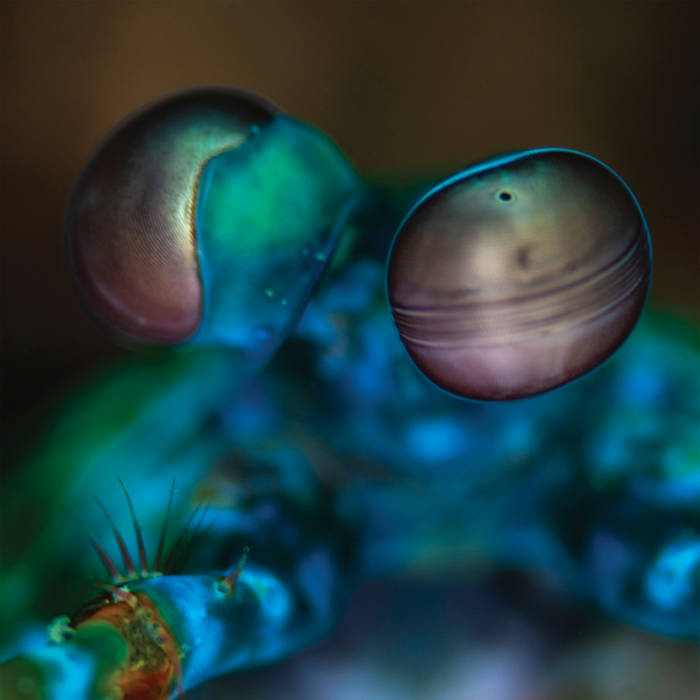One of the first shows I attended after things slowly started to open up post-pandemic was a quintet performance by Marshall Allen. It opened with an invocation by noted Sun Ra scholar Dr. Thomas “Bushmeat” Stanley, in which he stated that if The Temptations were around today, he would want them to sound like Death Grips. Four years later, in the wake of such large-scale enshittification, the impulse to romanticise the creative vanguard of a bygone era feels inescapable. But no matter how revolutionary or avant-garde anything may have once been, it’s never enough to simply pastiche it in the present day. You need to adjust for inflation.
If Melvin Gibbs wanted to live in the past, he would certainly have plenty to work with. As a member of Ronald Shannon Jackson & the Decoding Society, Power Tools, and Sonny Sharrock’s band, Gibbs’ electric bass work was often the glue holding together the heaviest jazz-rock groups of the era. His new album Amasia: Anamibia Sessions Vol. 2 owes its origins to a prompt from legendary video artist Arthur Jafa to have a group of musicians work off of Miles Davis’ Bitches Brew. However, in no way is this yet another electric Miles tribute project. On Amasia, Gibbs merely uses the insular creative framework that Miles and producer Teo Macero mastered in the 70s as a jumping-off point for an entirely different planet of strange.
That Amasia feels so vivacious is particularly impressive considering it has been in the works for nearly twenty years now, and three of its most crucial contributors – unsung keyboard virtuoso Onaje Allan Gumbs, multi-instrumentalist and Q-Tip collaborator Casey Benjamin, and Miles’ own guitar wizard Pete Cosey – are sadly no longer with us. However long ago their tracks were laid down, they sound perfectly at home with Gibbs’ bugged-out production and sound design. Opener ‘Felonious Monk’, for instance, showcases Gumbs’ lush, elegant electric piano work, which feels like a beacon in the midst of dizzyingly off-kilter trap beats. On the following track, ‘Gullah Style Jack’, Cosey plays his trademark wah-wah’d out guitar and utterly gnarls through the track’s stuttering beat.
A few people have observed that Miles’ rhythmic experiments on his landmark On the Corner album anticipate drum n’ bass, and on ‘Luigi Takes a Walk’, Gibbs (with the help of drummer Greg Fox) presents a vision of what it might have sounded like if Miles had been working within the context of drum n’ bass. As the centerpiece of Amasia, ‘Luigi’ speaks to the album’s success. The album is drenched in the same sweaty paranoia that defined Miles’ 70s work, but properly recontextualized for the present-day Silicon Valley hellscape. One could call it the Uncut Gems to Miles’ French Connection, but more accurately, the album understands Miles as only the beginning of an ever-continuing legacy of futurism.


